As researchers, inventors, healthcare professionals, and public health advocates, women have been instrumental in advancing healthcare — often facing significant obstacles like poverty, sexism, and racism. To celebrate Women’s History Month, take a moment to learn about some of these influential women and their contributions.
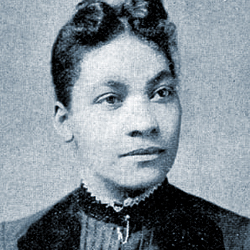
Rebecca Lee Crumpler, MD
(1831 – 1895)
In 1864, Crumpler became the first Black woman in the United States to receive an MD degree. After the Civil War, she moved to Richmond, VA, where she cared for formerly enslaved people in the Freedmen’s Bureau.
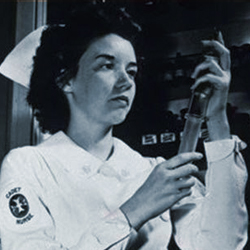
Letitia Geer
(1852 – 1935)
Geer invented the modern medical syringe in 1899. Her patented one-handed design allowed doctors to inject a drug unassisted and became the standard for syringes.
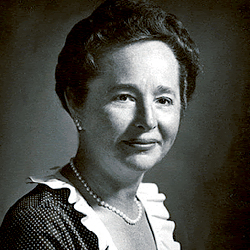
Gertrude Belle Elion
(1918 – 1999)
Using an innovative drug design method, Elion and her team developed effective drugs for treating leukemia, gout, malaria, herpes, AIDS, and many other illnesses. She won a share of the 1988 Nobel Prize in Physiology or Medicine.
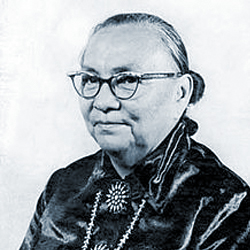
Annie Dodge Wauneka
(1910 – 1997)
A Navajo Nation tribal leader, Wauneka worked to eradicate tuberculosis, and created a dictionary to translate medical terms from English to the Navajo language. President Lyndon B. Johnson awarded her the Presidential Medal of Freedom in 1963.
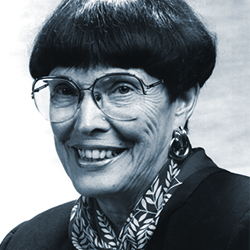
Helen M. Free
(b. 1923)
Free developed inexpensive, at-home tests for diabetes and other illness, alongside her husband, Alfred Free.
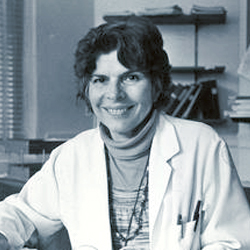
Dr. Helen Rodríguez Trías
(1929 – 2001)
A pediatrician and women’s rights activist, Rodriguez Trias was the first Latina director of the American Public Health Association. She fought to abolish enforced sterilization and to provide neonatal care to underserved people.
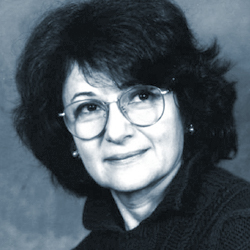
Patricia Goldman-Rakic, PhD
(1937 – 2003)
Professor of neuroscience, neurology, psychiatry, and psychology at Yale University School of Medicine, Goldman-Rakic pioneered multidisciplinary brain research that enhanced scientists’ understanding of dementia, Alzheimer’s, and Parkinson’s, schizophrenia, and ADHD.
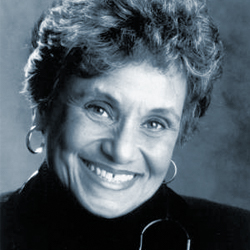
Marilyn Hughes Gaston, MD
(b. 1939)
Hughes Gaston conducted a groundbreaking 1986 study that led to a national sickle cell disease screening program for newborns. She became first Black woman to direct the Bureau of Primary Health Care in the U.S. Health Resources and Services Administration.
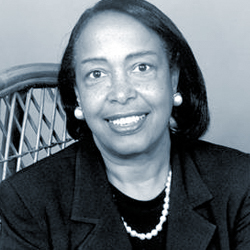
Patricia Era Bath, MD
(1942 – 2019)
The first African-American to complete an ophthalmology residency, Bath co-founded the American Institute for the Prevention of Blindness in 1976. She is best known for inventing the Laserphaco Probe for cataract surgery in 1986.
Learn more:

